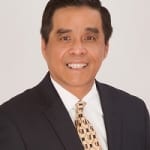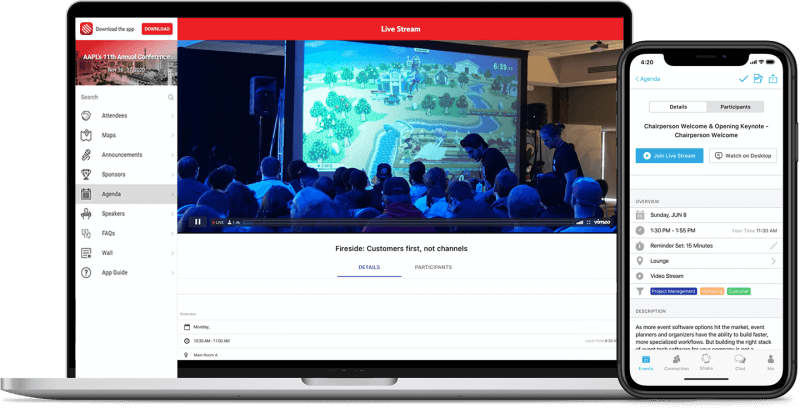How many times have you seen an ad about loans provided to foreign nationals but once you call, the answer you receive only causes more confusion? There is a very simple way to correct the confusion. We need to understand how to distinguish between two different types of foreign nationals who acquire properties in the United States.
The first, is the foreign national who comes to the U.S. to work under the EB-3 or L-1 Visa Program. These people have a social security number, man with the stamp, “authorized to work only,” credit history, and a place of employment the lending institution can verify. In a sense, they have all the criteria required of a regular borrower, except the mark of “No” in the U.S. Citizen box or the Permanent Resident box on the loan application. This is the foreign national who many lenders are talking about.

The second, and who this article focuses on, are true foreign nationals. They live and work in their native countries, have no social security number, and their place of work and bank account are with a foreign institution. Here are a few tips regarding the processing of a loan application for such client(s):
- Take the loan application as usual, except, of course, the social security number column which is left blank. Fill out their place of employment, business and banking institution, even though the name might appear different than you’re used to.
- Ask them whether they are in the U.S. regularly, sometimes, or rarely. It is also important to discover what the best method of communication will be. The lender should always be willing to make a courtesy call to the borrower(s) and clarify any questions we might have.
- Ask how they want documents sent to them – email or certified mail. All the disclosure rules are not applicable to foreign nationals, but it would be wise to make policy to prepare and send all the relevant disclosures.
- Ask whether the down payment is already with a U.S. banking institution. If not, where is it? If they plan to wire the down payment from a foreign banking institution, make sure you check with the escrow company first. Also, check with the title company on the form of ID they require. A passport is a must, entry Visa to the U.S. is a bonus, but your title company will advise you as to which kind of ID they require. Normally, they need two forms of ID.
- Ask if they are located near a U.S. Embassy or consulate in their native country. Remember, if loan documents need signatures while overseas, it must be signed and notarized in a U.S. diplomatic establishment, no exception.
These are just a few guidelines you should know. Keep in mind, many foreign borrowers don’t speak English well. A Google search renders quite a few online interpreting services. You can also find a local translator or ask the foreign national if they have a family member who speaks English and can assist with translation.
 Eric Tran, Managing Partner of DH Capitals, started his private money lending business 25 years ago providing loans to real estate developers/investors who could not get traditional bank financing. Throughout his career, he has handled all aspects of the lending process such as underwriting, valuation and risk mitigation with an emphasize on valuation since it is the cornerstone of the private money lending business
Eric Tran, Managing Partner of DH Capitals, started his private money lending business 25 years ago providing loans to real estate developers/investors who could not get traditional bank financing. Throughout his career, he has handled all aspects of the lending process such as underwriting, valuation and risk mitigation with an emphasize on valuation since it is the cornerstone of the private money lending business











Leave A Comment